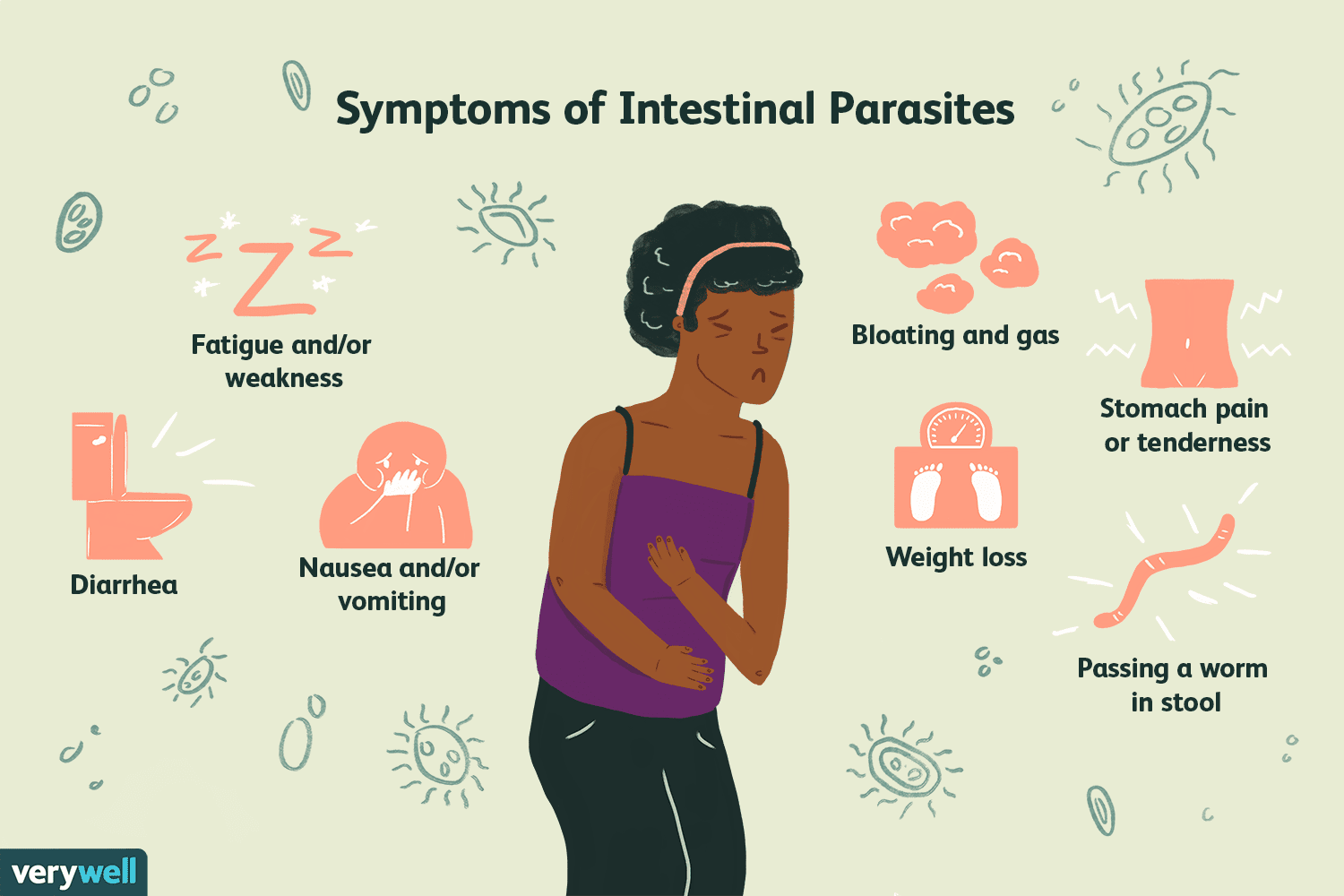


It is very important for your child to stay hydrated. Continue to offer breast milk, formula or liquids in small, frequent feedings, even if your child is vomiting.Provide the stool samples on different days to confirm the diagnosis.Contact your doctor if you think your child has a Giardia infection.If they stop taking it before the illness is gone, the infection can come back. If your child has Giardia, your doctor will prescribe medication. Your child should take all of the medicine prescribed by your doctor. It can be hard to detect Giardia so you may have to provide more than one sample. If your child has symptoms, your doctor will ask you to provide a stool sample. If your child has no symptoms, treatment is not necessary. The Giardia parasite may be in a child’s stool and not cause illness. Teach your child not to drink the water they swim in.Wash your hands before preparing and eating food.

Wash your hands with soap and water after changing a diaper, helping your child go to the toilet or going to the toilet yourself.From eating food containing Giardia that hasn't been washed or cooked properly.Germs from a dirty diaper, the toilet flush handle or the bathroom door handle can get on a person’s hands and spread into someone’s mouth.A child swallows water while swimming or playing where Giardia may live, especially in natural outdoor water sources such as lakes, rivers, springs, ponds, and streams.Giardia is spread when someone swallows the parasite. watery diarrhea or mushy bowel movements (which may have a very bad smell),.Some have no symptoms, while others may have: When a person gets sick, the infection is called giardiasis, or ‘beaver fever’. It’s found in soil, food, or water that has been contaminated with feces (poop) from infected humans or animals. Giardia is a tiny parasite (an organism that feeds off of another to survive) that can cause a bowel or intestinal infection.


 0 kommentar(er)
0 kommentar(er)
